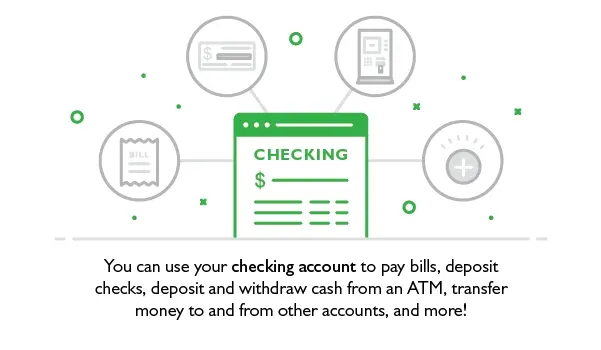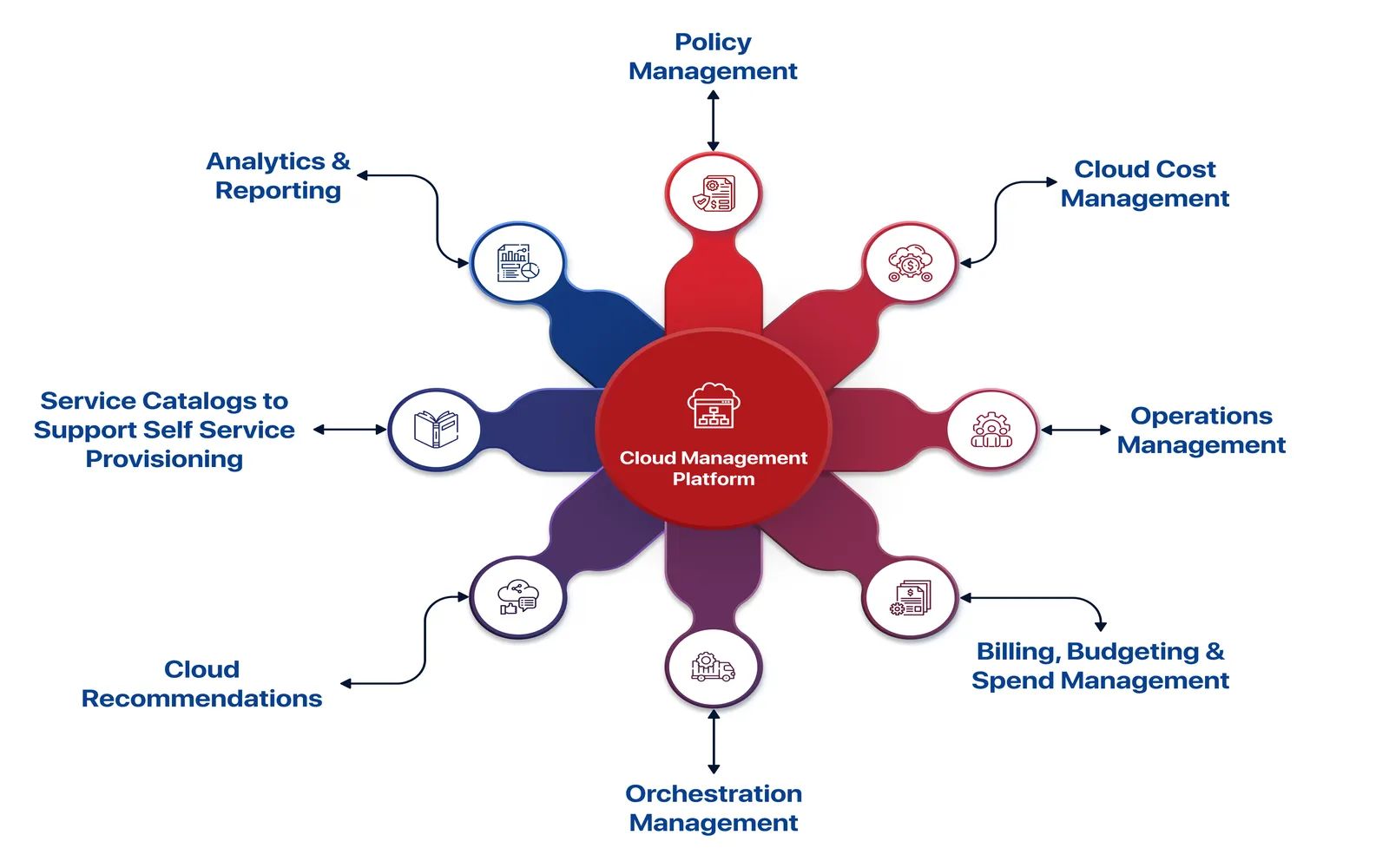When starting your business, one of the most crucial steps is to establish a solid financial foundation. A key component of this foundation is setting up a dedicated business checking account. This article will guide you through the essential steps to master your business finances with a focus on the importance of having a separate account for your business transactions.
Why You Need a Business Checking Account
Having a business checking account is essential for several reasons:
- Separation of Personal and Business Finances: A dedicated account helps to keep your personal and business finances separate. This is crucial for accurate bookkeeping and tax reporting.
- Professionalism: Using a business checking account enhances your business's professionalism. Clients and vendors will appreciate dealing with a business account rather than a personal one.
- Financial Management: A business checking account provides better tools for managing your finances. Many banks offer features like expense tracking, budgeting tools, and financial reporting.
- Building Business Credit: Establishing a business checking account can help you build your business credit profile, which is essential for future financing.
Steps to Set Up Your Business Checking Account
Now that you understand the importance of a business checking account, follow these steps to set one up effectively:
1. Choose the Right Bank
Research various banks and credit unions to find the one that best meets your needs. Consider factors such as:
- Fees: Look for accounts with low or no monthly fees.
- Minimum Balance Requirements: Ensure that the minimum balance requirement aligns with your business finances.
- Online Banking Features: Check if the bank offers a user-friendly online banking platform for easy access and management.
- Customer Service: Read reviews to determine the quality of customer support offered by the institution.
2. Gather Required Documentation
Before you can open a business checking account, you will need to gather several documents. These typically include:
- Employer Identification Number (EIN): This is necessary for tax purposes and can be obtained from the IRS.
- Business License: A valid business license or permit proves that your business is legally registered.
- Operating Agreement: If your business is structured as an LLC, an operating agreement may be required.
- Personal Identification: Bring government-issued ID, such as a driver's license or passport.
3. Complete the Application Process
Once you have selected a bank and gathered the necessary documents, you can proceed to complete the application process. This may involve:
- Filling Out Forms: Complete the bank's application forms with your business information.
- Depositing Initial Funds: Most banks require a minimum deposit to open your business checking account.
- Reviewing Terms and Conditions: Carefully read the bank's terms to understand fees and account features.
4. Set Up Online Banking
After your account is open, set up online banking to manage your finances efficiently. This will allow you to:
- Monitor Transactions: Keep track of all business transactions in real-time.
- Pay Bills: Use online bill pay features to streamline your business expenses.
- Transfer Funds: Easily transfer money between accounts if needed.
5. Keep Accurate Records
Maintaining accurate records is vital for the success of your business. Utilize your business checking account to keep detailed records of all transactions. Consider implementing accounting software to help you manage your finances more effectively. This can simplify:
- Expense Tracking: Keep track of all business-related expenses for tax purposes.
- Invoicing: Send invoices directly from your accounting software and link them to your business checking account for easy payment tracking.
Conclusion
Setting up a business checking account is a foundational step in mastering your business finances. By following these essential steps, you can ensure that your financial management is organized and effective. Remember, maintaining a clear separation between your personal and business finances will not only simplify your accounting but also help you build a professional image and establish credibility in your industry. Take charge of your business finances today by setting up a dedicated business checking account!









